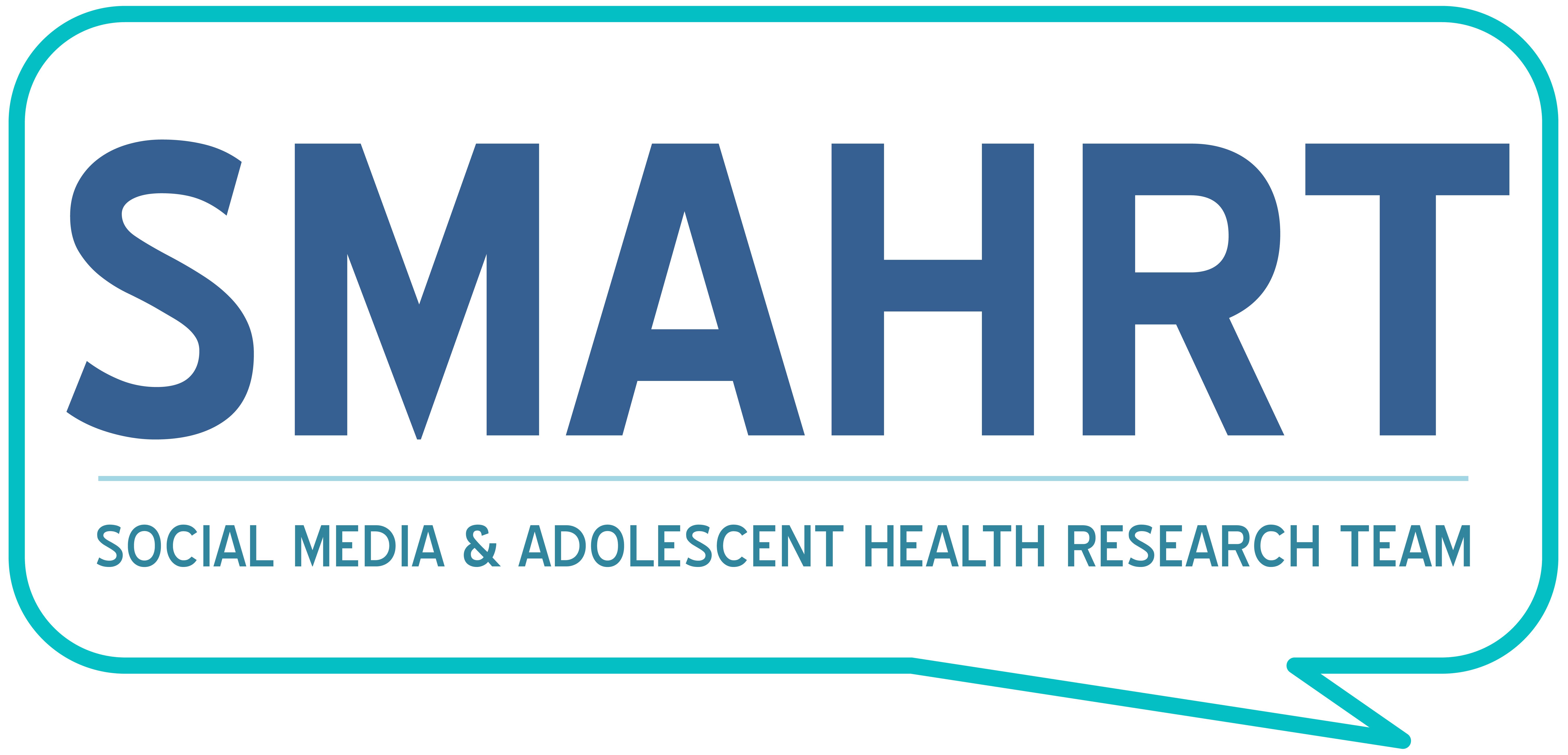
By: Brad Kerr with input from SMAHRTeam members
We on the SMAHRT have taken steps to ensure our team and the work we do stand in opposition to racism. One area we have examined is how we conduct and write about research involving race. To this end, we conducted a literature review to identify best practices in medical studies involving race, and we found over 60 articles from at least three decades. To understand recent scholarship in this area, we focused on articles published between 2015 and 2020.
These articles, most of which are commentaries, call attention to problems in how race is reported in scientific publications, despite decades of scholarly attention to this topic. For example, some scholars lament that, without evidence, scientific studies continue to propose genetic differences to explain disparities in health outcomes between racial groups [1]. Other scholars observe that previous publications have called for scientists to provide thoughtful justifications for studying race, but these appeals have largely been ignored [2]. It was evident from these critiques that many scientific publications use and perpetuate misconceptions about race, and that there is an urgent need for our team, and the scientific community, to ensure that its scholarship does not include these harmful misconceptions.
We also learned that the appropriate approach to preventing publication of harmful racial misconceptions is not to remove race from consideration. One commentary rejects this colorblind approach to research, arguing that doing so carries the risk of overlooking structural influences on health, and erroneously attributing health outcomes to the choices of individuals [3]. Another argues that self-identified race is an important proxy for understanding experiences of racism, which have been shown to affect health outcomes [1]. Thus, medical research which does not consider race may also contribute harm, by failing to recognize important factors underlying health disparities. We therefore learned that the focus needs to be on studying race thoughtfully.
Scholars have proposed approaches to taking on this very task. Underscoring the key information that may be missed when studies do not consider race, one commentary highlights an important framework for studying race in medicine: the ecosocial approach [4]. This framework, described by Krieger in 2012, offers a way to examine social inequalities and their effect on health outcomes [5]. This ecosocial approach offers a key tool for thoughtfully planning and publishing on medical studies involving race.
Based on these guidelines, next steps for the SMAHRT have included integrating these best practices into our work. Our team has developed internal guidelines for research on race in healthcare that include references to the ecosocial approach and instructions to view an example paper using this framework. Our intention is that new members of our team, especially those interested in asking research questions related to race, will apply these guidelines to conduct respectful and productive research to improve our understanding of racism and health disparities.
For more anti-racism resources visit: http://smahrtresearch.com/resource-list/
- Lorusso, L. and F. Bacchini, A reconsideration of the role of self-identified races in epidemiology and biomedical research. Stud Hist Philos Biol Biomed Sci, 2015. 52: p. 56-64.
- Cooper, R.S., G.N. Nadkarni, and G. Ogedegbe, Race, Ancestry, and Reporting in Medical Journals. Jama, 2018. 320(15): p. 1531-1532.
- Muñoz-Laboy, M., Ethnic and Racial Specificity, or Not, in Bisexuality Research: A Practical Commentary. Arch Sex Behav, 2019. 48(1): p. 317-325.
- Eichelberger, K.Y., J.G. Alson, and K.M. Doll, Should Race Be Used as a Variable in Research on Preterm Birth? AMA J Ethics, 2018. 20(1): p. 296-302.
- Krieger, N., Methods for the scientific study of discrimination and health: an ecosocial approach. Am J Public Health, 2012. 102(5): p. 936-44.

